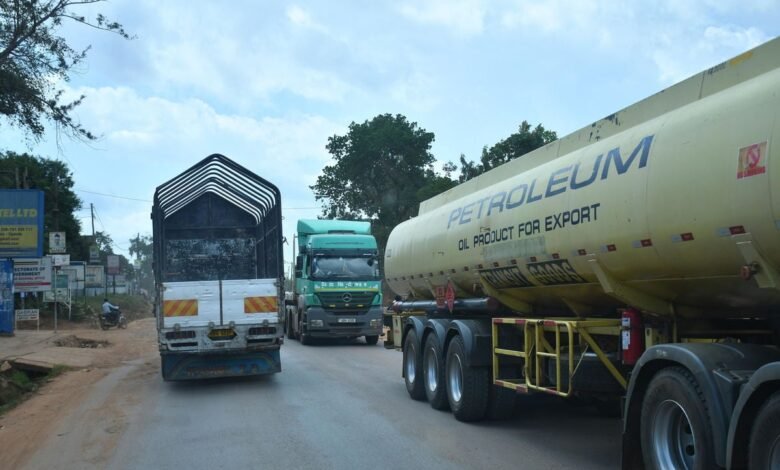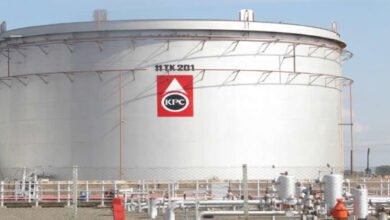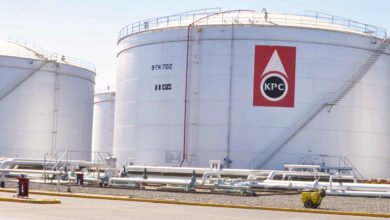
Kenya has lost the Ugandan market over the storage of petroleum products due to its oil deal with the United Arab Emirates (UAE).
Uganda says that to guarantee the security of petroleum products supply, it will ensure that there will be buffer stocks in Tanzania to be called upon should there be supply disruptions to the Country.
Uganda’s buffer stocks in Tanzania will be necessitated by Vitol Bahrain E.C., an index[endent global oil trading company for 5 years.
Vital Bahrain E.C ($505 billion turnover in 2022) will be financing the business by providing a working capital facility backed by its balance sheet and working with Uganda National Oil Company (UNOC) to ensure competitive pricing of petroleum products.
Today, more than 90 percent of Uganda’s product is sourced through the Port of Mombasa, the rest through Port of Dar es Salaam.
In a communication from Dr. Ruth Nankabirwa Ssentamu, Uganda’s Minister for Energy and Mineral Development, Kenya’s decision to walk out of the Open Trade System of petroleum products has caused Ugandans a great deal.
Kenya entered into a petrol supply deal with the United Arab Emirates and the Kingdom of Saudi in April this year.
Consequently, Uganda has cited occasional supply vulnerabilities where the Ugandan Oil Marketing Companies (OMCs) were considered secondary whenever there were supply disruptions.
“These vulnerabilities paused additional challenges, resulting in Uganda receiving relatively costly products and ultimately impacting the retail pump prices,” says the Ministry.
On October 23, 2023, Uganda’s cabinet approved the amendment of the Petroleum Supply Act, 2003 through the Petroleum Supply (Amendment) Bill, 2023 and has presented the Bill to Parliament for approval
Uganda National Oil Company Limited has been mandated to source and supply petroleum products to the licensed Oil Marketing Companies.
In May 2022, under the reign of former President Uhuru Kenyatta, Uganda entered into petroleum products supply to balance the fuel shortage crisis.
This was after Kampala demanded fixed monthly transit petroleum product quotas to ease shortages.
“We reaffirmed Kenya’s commitment, as the gateway, to service the fuel needs of the region and discussed ways of enhancing cooperation through joint and complementary projects that accelerate regional integration,” said Dr Juma in an update.
Uganda, which accounts for 75 percent of fuel transported through Kenya, had wanted guarantees of monthly provision of 110,660 cubic metres of petrol and 110,400 cubic metres of diesel. Further, it demanded a fixed allocation of 12,000 cubic metres of aviation fuel.






Your article helped me a lot, is there any more related content? Thanks!
Can you be more specific about the content of your article? After reading it, I still have some doubts. Hope you can help me. https://accounts.binance.com/kz/register-person?ref=K8NFKJBQ